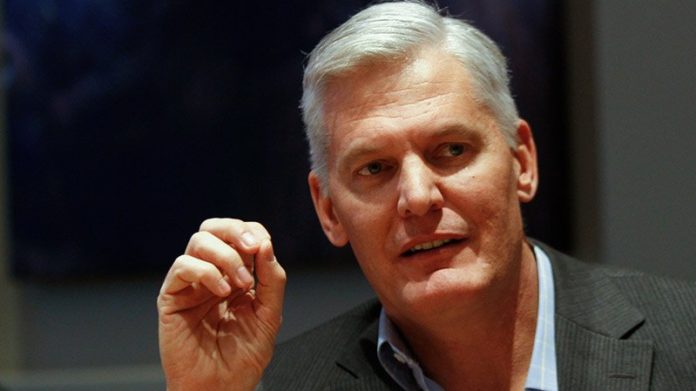
A LACK of cash flow, parts and skills meant Eskom was unable to meet maintenance targets imposed by Andre de Ruyter, the state-owned company’s CEO.
He added that: “The procurement system does not lend itself to a maintenance programme. The average response time of the Treasury to requests for approvals is 77 days. That has had a negative impact”.
“Why do we employ contractors who are not competent? The problem is procurement processes. We don’t always have the luxury of taking the best. The cheapest tender gets appointed,” said Jan Oberholzer, COO of Eskom.
“The same applies to spare parts. We are discussing with the Treasury how the Public Finance Management Act should apply to Eskom.”
Eskom’s efforts were also hampered by municipalities which didn’t completely fulfil their load-shedding obligations when asked to do so.
South Africa has been in stage 4 load-shedding since Monday, a situation that escalated unexpectedly fast from stage 2 after all the municipalities requested, except for two, did not comply fully with the request to drop load, said BusinessLive. Some industrial users also did not fully comply.
“Regulations require each licensee to reduce load when an emergency is declared,” said De Ruyter. “Some of the municipalities were not decreasing load in line with the required blocks as well as some industrial customers. Ethekwini and Buffalo City were the only ones that fully adhered. The rest of the municipalities we will be engaging with.”











